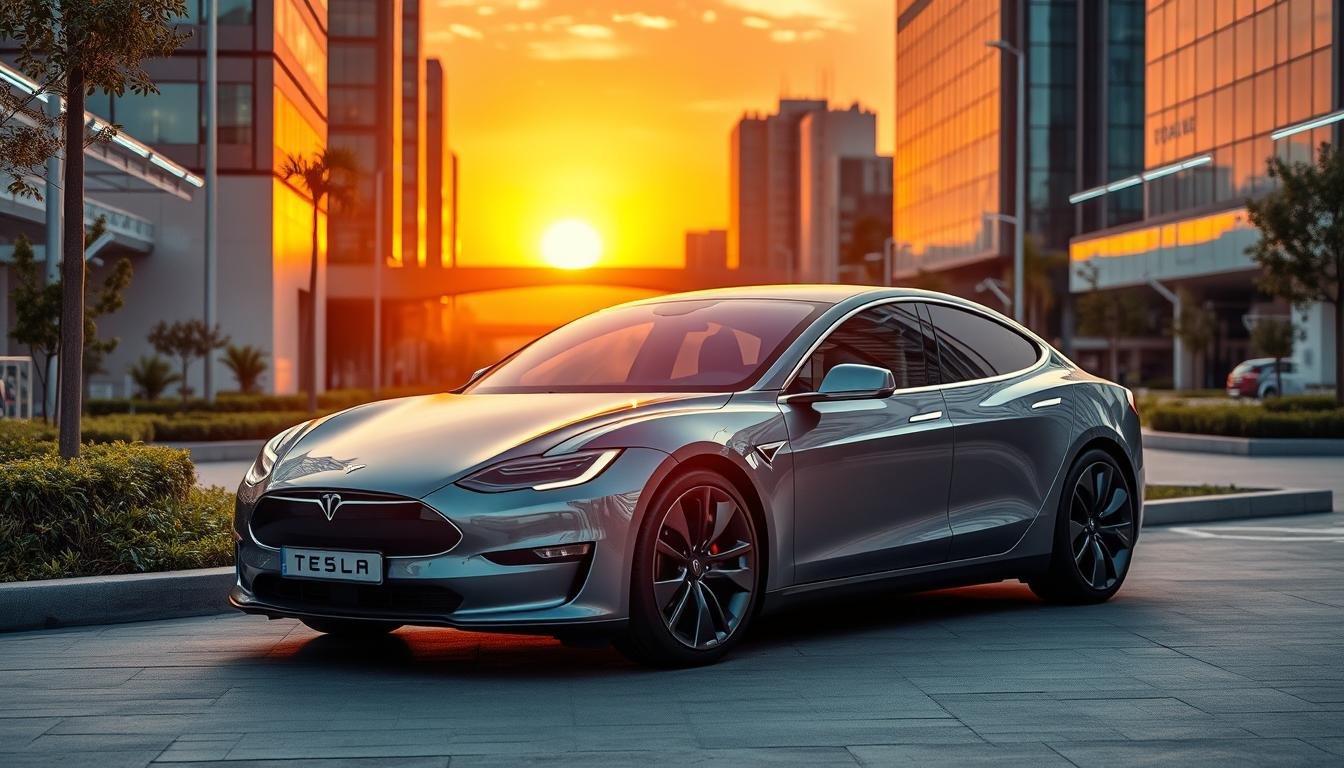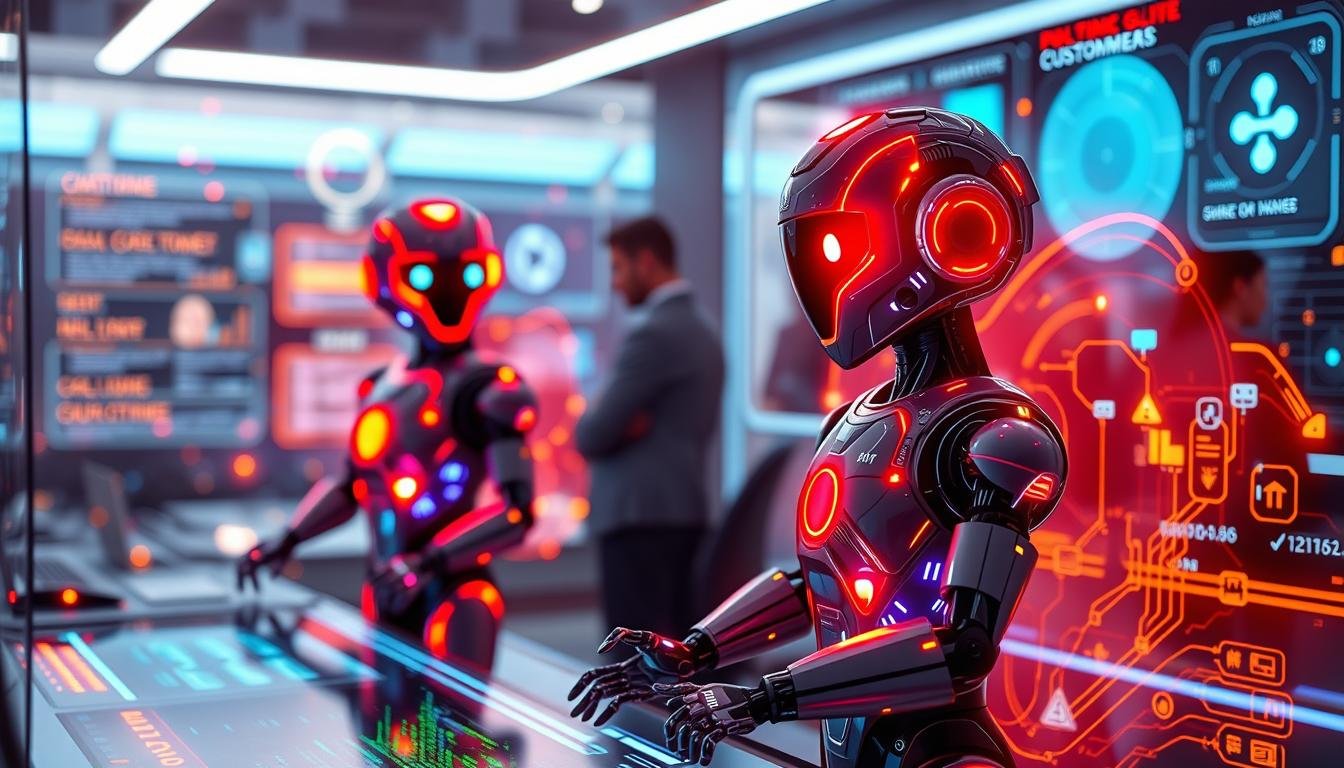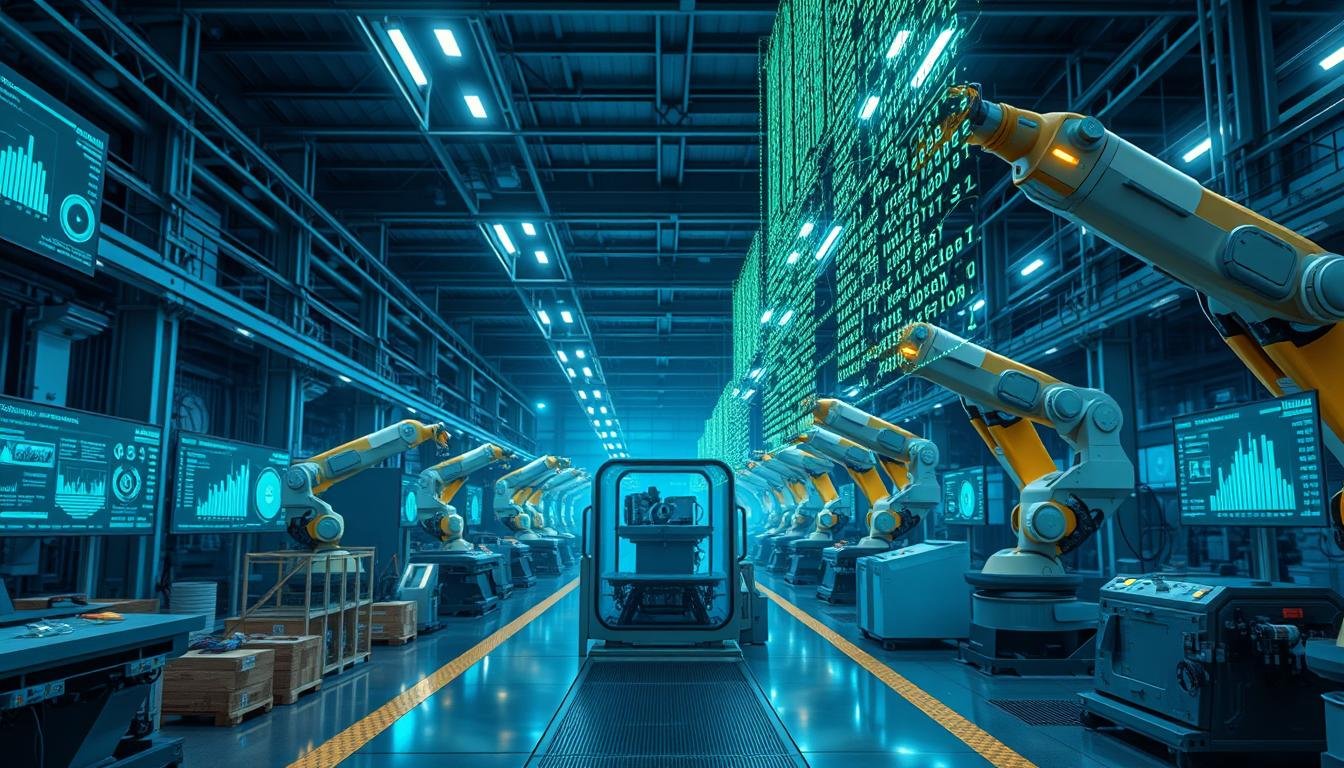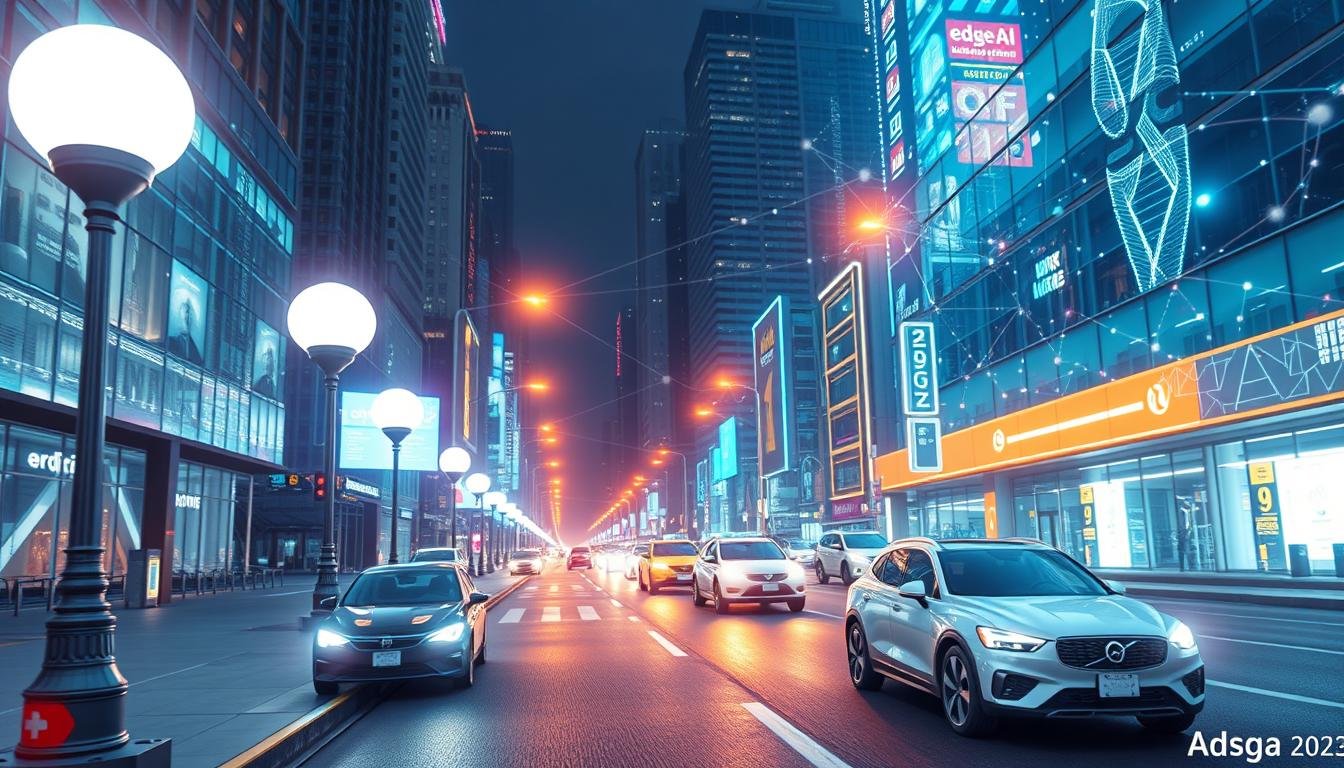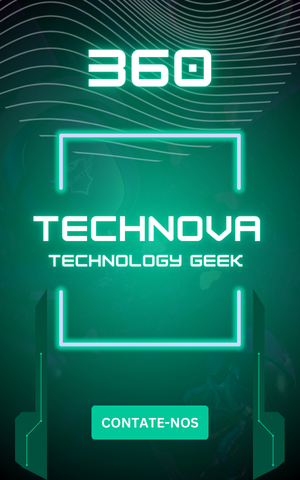I’m excited about the electric vehicle (EV) revolution in the car world. Tesla is leading this change with its innovative ideas. Founded by Elon Musk, Tesla is changing how we think about cars and transportation.
Back in 2003, Tesla launched the Tesla Roadster. It was a fast, electric sports car that showed electric cars could be cool and green. Since then, Tesla has kept making cars that show electric vehicles can be amazing.
Key Takeaways
- Tesla has emerged as a trailblazer in the electric vehicle (EV) industry, challenging conventions and reshaping the future of transportation.
- The company’s commitment to innovation and pushing the boundaries of what’s possible in the automotive sector has been a driving force behind the electric vehicle revolution.
- Tesla’s first mass-market electric car, the Tesla Roadster, demonstrated that electric cars could be both environmentally friendly and high-performing.
- The company’s sleek designs, impressive range, and focus on renewable energy have captivated the public’s imagination and propelled the adoption of electric cars.
- Tesla’s revolutionary approach to transportation has set the stage for a future where sustainable mobility and cutting-edge technology converge, transforming the way we move and live.
Tesla’s Revolutionary Journey
In 2008, Tesla introduced the Tesla Roadster, a game-changer in the electric vehicle market. This car was sleek, had a long range, and was fast. It showed that electric cars could be both good for the planet and fun to drive.
One key feature of Tesla is its Autopilot system, launched in 2014. It uses cameras, sensors, and AI for semi-autonomous driving. Tesla’s focus on self-driving technology and autonomous driving has changed what’s possible in car automation.
Trailblazing the Electric Car Market
The Tesla Roadster changed the game, showing electric cars could be both green and thrilling. This move shook up the old car industry. It led to a new wave of people wanting cars that were better for the planet.
Autopilot and Self-Driving Technology
Tesla’s Autopilot system is a big part of its tech push. It uses advanced self-driving technology to make driving better. Autopilot adds features like lane-keeping and automatic braking, making driving safer and easier.
“Tesla’s commitment to self-driving technology has been a driving force, pushing the boundaries of what’s possible in terms of vehicle automation.”
As Tesla keeps improving its Autopilot system, we’re getting closer to fully autonomous driving. This could change how we travel in the future.
Performance and Range Breakthroughs
The Tesla Model S, launched in 2012, changed the electric vehicle (EV) market. It offered fast acceleration, advanced tech, and a long range. This made people rethink EVs as slow or not good for long trips. Tesla then added the Model X, Model 3, and Model Y to meet different needs.
The Tesla Model S is known for its amazing speed and long range. It goes from 0 to 60 mph in just 2.3 seconds. This fast start, thanks to its electric motors, makes driving exciting and changes how we see EVs.
The Model S can go up to 402 miles on one charge. This long range helps solve the worry of running out of power. It shows what electric cars can do, pushing battery tech and power management to new heights.
| Model | Range (EPA) | 0-60 mph (seconds) | Top Speed (mph) |
|---|---|---|---|
| Tesla Model S Long Range | 402 miles | 3.1 | 155 |
| Tesla Model S Plaid | 348 miles | 1.99 | 200 |
| Tesla Model 3 Long Range | 358 miles | 4.2 | 145 |
| Tesla Model Y Long Range | 318 miles | 4.8 | 135 |
Tesla’s cars have set a high standard for EVs. They’ve made other car makers work harder to match their performance and range. As tech gets better, we’ll see even more amazing things from electric cars, making them a big part of our future.
“The Model S has proven that electric vehicles can be not only practical, but also exhilarating to drive. It’s a game-changer in the industry.”
The Supercharger Network
As Tesla’s electric cars became popular, they focused on charging and range worries. Tesla put a lot of money into Supercharger system. This network of fast-charging spots is all over the country. It lets Tesla owners charge up quickly, making long trips easy.
Addressing Range Anxiety
Range anxiety, or worrying about running out of charge, was a big issue. Tesla’s Supercharger network helped solve this. With over 30,000 Superchargers worldwide, Tesla owners can now go on long trips without worry.
Expanding Charging Infrastructure
Tesla also helped grow the charging network beyond its own Superchargers. By sharing its tech, Tesla encouraged others to work together. This has made more charging spots available, helping all electric car owners.
| Metric | Value |
|---|---|
| Supercharger Stations Worldwide | 30,000+ |
| Supercharger Connectors Worldwide | 300,000+ |
| Tesla Vehicles Delivered Worldwide | 2 million+ |
Tesla’s work on the Supercharger network and teaming up with others has helped a lot. They’ve made electric cars more appealing by offering a reliable charging system. This has made electric driving practical and easy for everyone.
Sustainable Energy Solutions
Tesla is making a big impact beyond electric cars. They’re working hard to make our energy cleaner. Their Powerwall, Powerpack, and Megapack systems, along with solar options, show their commitment to a greener future.
These systems help homes and businesses save renewable energy for later. Tesla wants to help us use less fossil fuel. This makes our energy cleaner and better for the planet.
The Powerwall is a home battery that stores solar energy. It gives clean power when we need it most. The Powerpack and Megapack are for bigger places. They help use more renewable energy in our grid.
| Product | Capacity | Target Market |
|---|---|---|
| Powerwall | 13.5 kWh | Residential |
| Powerpack | 210 kWh | Commercial/Utility |
| Megapack | 3 MWh | Utility-Scale |
Tesla’s energy solutions work well with their solar products. This helps people, businesses, and communities use renewable energy. It shows Tesla’s big picture for a greener future.
“Tesla’s sustainable energy solutions are not just about powering our homes and businesses, but about creating a cleaner, more resilient energy grid that can support our long-term environmental goals.”
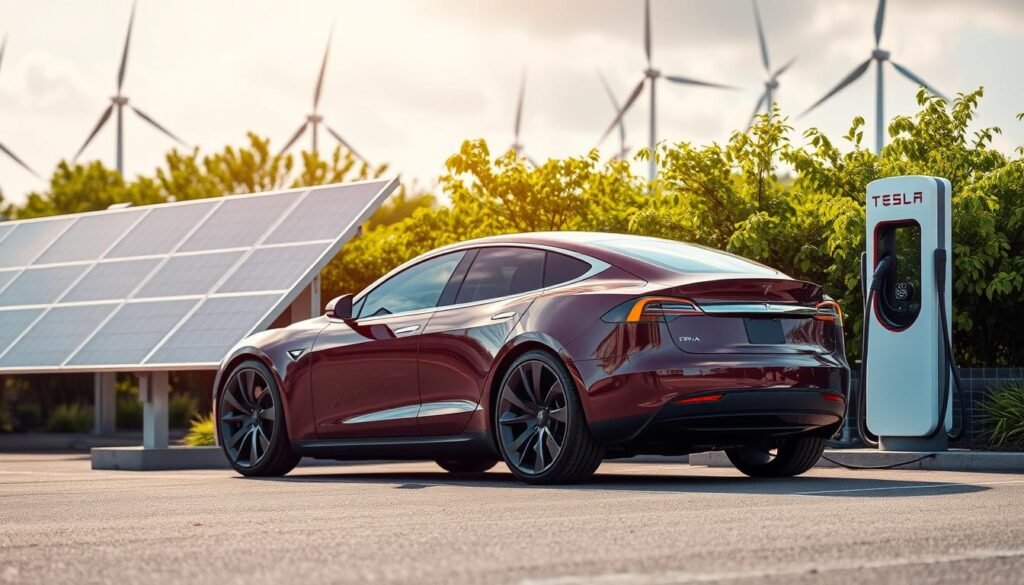
The Dawn of Electric Vehicles: How Tesla and Other Innovators Are Shaping the Future
The world of transportation is changing fast, thanks to electric vehicles. Tesla, once a small startup, now leads the way. They show us how innovation can make our future greener.
In the last ten years, electric cars have grown a lot, with a 32% annual growth rate. Tesla leads, making up 17% of all electric car sales in 2020. This shows Tesla’s dedication to changing the car world.
Tesla and others are making a big difference in the car industry. In 2021, electric cars made up 7.2% of all car sales worldwide. This number is expected to jump to 30% by 2030.
Electric cars are getting better thanks to better batteries and more charging spots. The battery market for electric cars is set to hit $84 billion by 2025. Governments are also helping by offering incentives for electric cars.
Tesla is not just making cars. They’re also leading in self-driving technology. Their Autopilot system could change how we travel, making it safer and more convenient.
The future of cars looks bright with electric vehicles leading the way. Tesla and others are making cars better, greener, and more advanced. This change will affect our cities, lives, and the planet in big ways.
| Metric | Value |
|---|---|
| Electric Vehicle Market CAGR (Past Decade) | 32% |
| Tesla’s Global Electric Vehicle Sales Share (2020) | 17% |
| Electric Vehicle Sales as a Percentage of Total Vehicle Sales (2021) | 7.2% |
| Projected Electric Vehicle Market Value (2025) | $84 billion |
| Projected Electric Vehicles as a Percentage of Total Vehicles on the Road (2030) | 30% |
| Number of Charging Stations Worldwide (2021) | Over 1.5 million |
The change brought by electric cars and companies like Tesla is huge. It’s not just about cars, but how they change our lives and the planet. As electric cars keep growing, the future of travel looks brighter, with a greener and more advanced era ahead.
Market Impact and Industry Disruption
As Tesla’s market impact grows, it faces both challenges and opportunities. The demand for electric vehicles has brought new competitors. This has intensified the industry disruption Tesla started.
Challenging Traditional Automakers
Tesla’s success has made traditional automakers rethink their plans. Companies like Ford, General Motors, and Volkswagen have launched new EV models. They aim to compete with Tesla in the growing EV market.
This competition has pushed the industry to innovate faster. It’s now working on more advanced, affordable, and sustainable cars.
Direct-to-Consumer Sales Model
Tesla’s direct-to-consumer sales model has been a big disruptor. It cuts out the traditional dealership system. This lets customers buy cars directly from Tesla, making the process easier.
Other car makers are now looking at direct sales too. They want to offer a similar buying experience to Tesla’s.
The Tesla Supercharger network is also key. It helps address range anxiety and boosts EV adoption. As it grows, it sets a high standard for charging. This puts pressure on competitors to improve their charging solutions.
| Key Disruptions | Impact on Industry |
|---|---|
| Tesla’s direct-to-consumer sales model | Empowers customers, streamlines buying process, challenges traditional dealership system |
| Rapid EV development by traditional automakers | Intensifies competition, drives innovation, expands EV market |
| Tesla Supercharger network | Sets new standard for charging infrastructure, addresses range anxiety |
“Tesla’s disruptive approach has forced the entire automotive industry to rethink their strategies and accelerate their own electric vehicle development programs.”
The Robotaxi Revolution
The future of transportation is changing fast, and Tesla is leading the way. Their electric cars are getting better and better, lasting over 1 million miles. This means less money spent on repairs and longer car life, making travel cheaper and easier for everyone.
Ultra-Durable Electric Cars
Ultra-durable electric cars are a big deal for the car world. They can go over 1 million miles without needing big repairs. This makes them perfect for a new kind of taxi service, offering cheap and reliable rides to all.
Tesla’s Robotaxi Ambitions
Elon Musk wants Tesla to start a Tesla robotaxi network. It’s a plan for a fleet of self-driving cars that can take people anywhere they need to go. Tesla’s tech and strong cars will make travel easy, green, and affordable for everyone.
| Key Advancements | Impact on Autonomous Transportation |
|---|---|
| 1 million miles vehicle lifespan | Reduced maintenance and operating costs for robotaxi services |
| Improved self-driving capabilities | Enhanced safety and reliability for autonomous transportation |
| Expanded charging infrastructure | Improved accessibility and convenience for tesla robotaxi users |
As we move towards a greener, more autonomous transportation future, Tesla’s cars will lead the way. They will change how we travel and our cities, making everything more connected, efficient, and eco-friendly.
Reshaping Cities and Lifestyles
Tesla’s advanced technology, like Full Self-Driving (FSD), is changing the car world. This change is affecting cities and how we live. Electric and self-driving cars are making cities and our lives different.
People might choose longer commutes for more comfort and productivity. This could make cities spread out, as people want more space. Architects and city planners will have to rethink how cities are built.
With fewer cars, homes might change too. Tesla’s cars and self-driving tech could make garages less needed. Builders and architects might turn these spaces into offices, gyms, or more rooms.
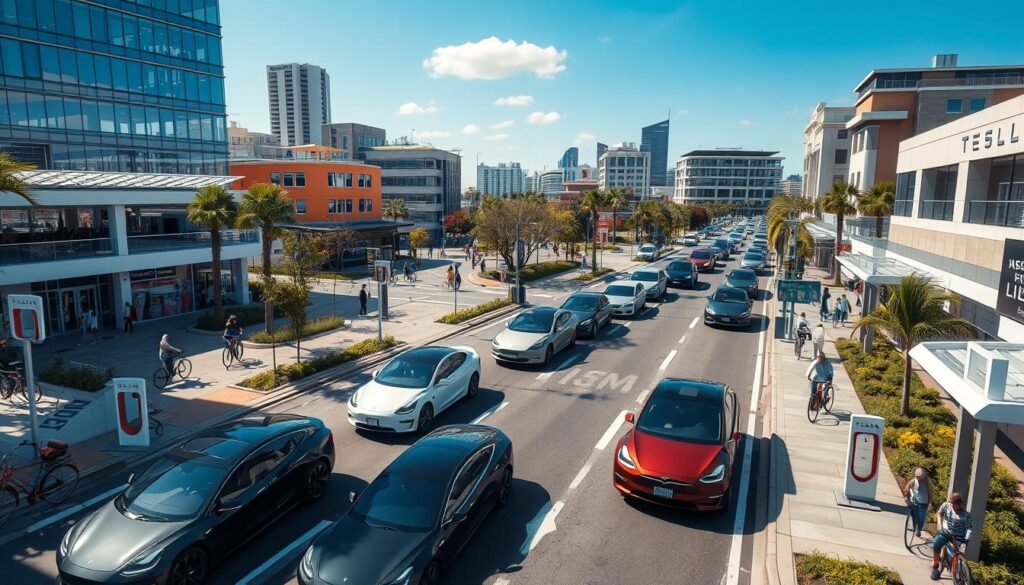
Autonomous cars could also change city design. Parking spots might become parks, playgrounds, or mixed-use areas. This could make cities more lively and friendly for walkers.
Tesla’s impact on transportation is huge. Architects, planners, and leaders must adapt to this new tech. They will help create better, greener, and more efficient cities for everyone.
Innovative Vehicle Concepts
The future of cars is exciting, thanks to Tesla’s new ideas and the rise of self-driving vehicles. Cars are no longer just for getting from one place to another. Now, they’re made to fit our different lifestyles and likes.
Specialized Vehicles for Various Activities
Imagine a car that’s more than just a ride. It could be for eating out, hanging with friends, or watching movies. These self-driving cars will change how we see car ownership, mixing fun and travel.
Reimagining Car Ownership
As tesla’s innovative vehicle concepts grow, so does the idea of car ownership. Owning one car might not be the best for everyone. Instead, having access to many specialized autonomous vehicles could be the new norm. This lets people pick the right car for their needs anytime.
This big change in car ownership trends means we can live more freely. We can easily switch between work, fun, and personal stuff without being stuck with one car. This new era of travel opens up endless ways to make our lives better.
“The future of transportation will witness the emergence of various vehicles designed explicitly for specific activities, redefining the concept of car ownership.”
| Feature | Traditional Vehicle | Specialized Autonomous Vehicle |
|---|---|---|
| Purpose | General transportation | Tailored for specific activities |
| Flexibility | Limited to basic transportation | Highly adaptable to various needs |
| Ownership Model | Individual ownership | Shared access to a diverse fleet |
| Autonomy | Limited to driver-controlled | Fully autonomous capabilities |
Environmental and Social Implications
The rise of electric and autonomous vehicles, led by innovators like Tesla, is changing our world. Electric cars are slowly replacing traditional cars, leading to a big drop in greenhouse gas emissions. This is a key step in fighting climate change and making our air cleaner. This change is good for our planet and has positive social effects too.
Autonomous vehicles could greatly reduce traffic accidents. Most accidents are caused by human mistakes. Self-driving cars could make our roads safer, saving many lives. But, this change also brings challenges, like jobs lost for professional drivers. We need to think about how to help workers and train them for new jobs.
| Environmental Benefits | Social Impacts |
|---|---|
|
|
As we move towards electric and autonomous vehicles, we must carefully consider the effects. We can enjoy the benefits while working on the challenges. This way, we can create a greener and fairer future for how we travel.
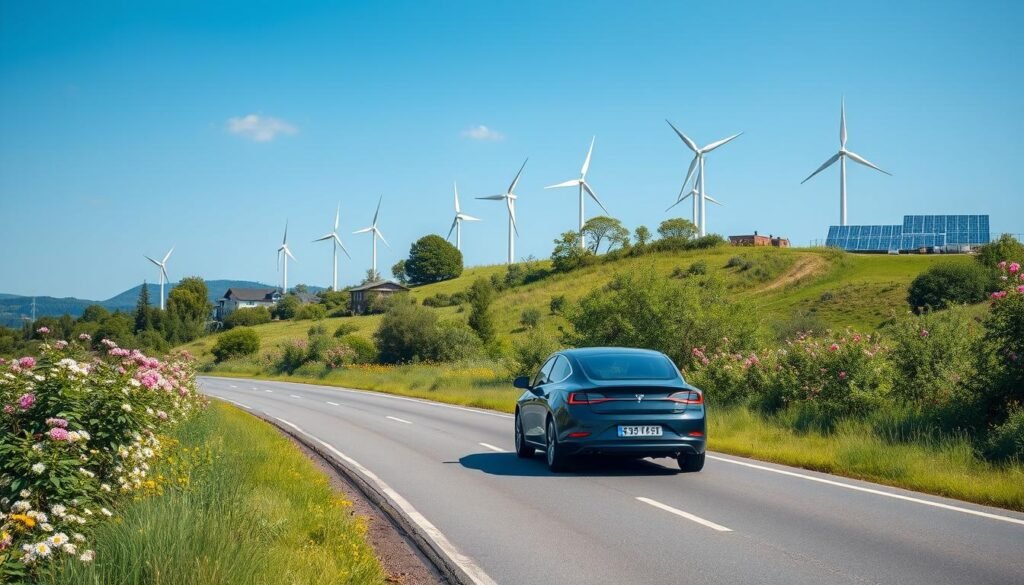
“The transition to electric and autonomous vehicles is not just about technology; it’s about reshaping our cities, our lifestyles, and our impact on the planet.”
Regulatory and Ethical Considerations
As we move forward, rules and ethics will play a big role. Governments need to make policies that help electric and self-driving cars become common. They must ensure everyone’s safety and deal with job changes.
Regulators face many challenges, like setting car standards and building charging spots. They also need to think about data privacy and who’s to blame if a self-driving car crashes. Working together, governments, car makers, and tech companies can solve these problems.
There are also big ethical questions. For example, who’s at fault if a self-driving car has an accident? How do we keep passenger data safe? Answering these questions is key to gaining people’s trust in these new technologies.
| Regulatory Policies | Ethical Considerations |
|---|---|
|
|
Policymakers and industry leaders must team up to tackle these issues. By focusing on safety, privacy, and everyone’s well-being, we can make a smooth transition. This will lead to a cleaner, more autonomous future for transportation.
Conclusion
Tesla has changed the car world with its vision for the future. Elon Musk’s drive for new ideas, green energy, and advanced tech has made electric cars popular. Tesla shows us that electric cars are the future of driving.
Looking forward, Tesla’s work will keep changing the car industry. Their push for a cleaner, greener world is inspiring. Tesla’s story shows how passion and hard work can make a big difference.
Technology is moving fast, and people want green solutions. Tesla’s vision and the power of new ideas will shape the car world. They will help us move into a new era of transportation.
